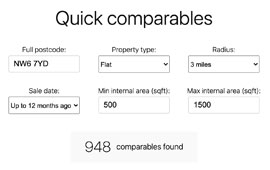Use PropertyData to Research, Source & Evaluate
We believe property investors and developers can make better decisions throughout the property investment process by using data and analytics from PropertyData
Research
At the start of your property investment workflow, you'll want the most powerful research tools at your disposal to help you choose when and where to invest
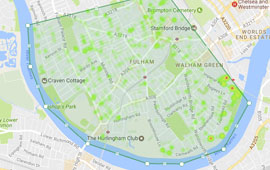
Local Data
Draw a custom area in any urban or suburban part of the UK and see instant analytics on Prices, £/sqft, Rents, Yields, Demograpics & much more
Local Data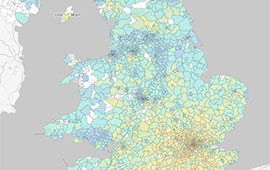
Postcode data
Comprehensive data updated daily showing key property investment statistics for all UK postcode districts
Postcode data
Newsroom
Don't miss a beat by monitoring our newsroom, which has coverage of the latest UK property market and economy news
Newsroom
Browser extension
The PropertyData Google Chrome extension adds live local property market data directly into Rightmove, Zoopla and OnTheMarket listings
Browser extensionSource
Find investment properties matching a wide range of investment strategies for sale now, with our Sourcing lists curated by algorithm and updated daily
Unmodernised
42,885 properties
Properties to be extended, modernised or developed
Repossessed
2,337 properties
Properties for sale after repossession by the lender
Cash buyers only
6,908 properties
Properties marketed for cash buyers only
HMO licenced
3,793 properties
HMO-licenced properties for sale
Investment portfolios
1,384 portfolios
Investment portfolios containing three or more properties for sale
Cheap £/sqft
51,485 properties
Properties that are cheap on a £/sqft calculation
Quick sale
5,081 properties
Properties where the seller needs a quick sale
Unbroken freeholds
3,880 properties
Freehold properties with multiple properties on for possible title splitting
Evaluate
Appraising an investment property is a crucial process that might save you tens of thousands of pounds – PropertyData has the best due diligence tools to help you
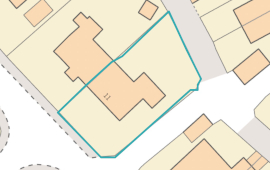
Plot Map
Beautiful high resolution maps of buildings and boundaries overlaid with market data, planning applications, listed buildings & more.
Plot Map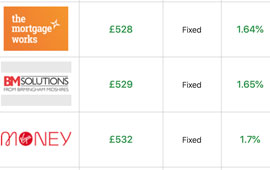
Finance finder
Compare investor mortgages for individuals and limited companies, as well as bridging and development finance.
Financer finder
